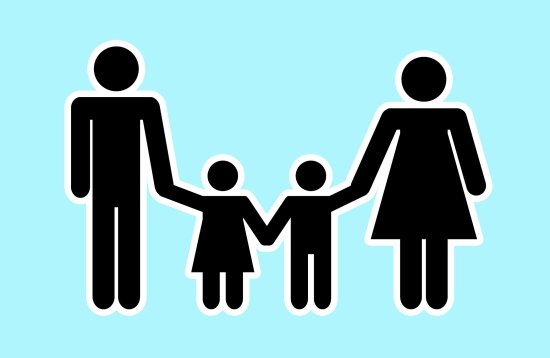
I learned the hard way that children need boundaries until they’re old enough to understand reason
Parenting isn’t easy. For every study and statistic telling us to raise our kids one way, there are many more telling us to raise them the exact opposite way. How can something intrinsic to our very survival as a species be so incredibly hard?
The question of how much authority to give your children is one such issue. A recent article on Yahoo Parenting revived the fairly controversial idea that parents should raise their kids to talk back. Experts, including clinical psychologist Kelly M. Flanagan have made the case for allowing children to tell parents “no.” Yet other articles argue that giving a strong “no” is one of a parent’s main jobs. So who is right?
[time-brightcove not-tgx=”true”]
I’ve tried for years to raise respectful back talkers. And as an average person who is utterly afraid of messing up her children, I can tell you that it has not worked at all. I’ve spent the last year of my twins’ lives trying to undo the damage I’ve done. They’re now 7.
When I was a girl, I felt that I didn’t have a voice. It was my parents’ way or the highway. They made a decision, and no matter my excellent points or ideas, that was it. It took me all my teen years to find that voice, to learn that it was OK to stick up for what I believed in, for what I wanted out of my life.
I didn’t want that to happen to my girls. I wanted them to know from the start that they were important and intelligent and worth listening to because in our society, women of all ages are often told the opposite. I wanted my girls to be the squeaky wheels. If they had a reason for wanting something or not wanting it, I wanted to hear them out.
But I was wrong in my timing. Hesitation on the part of a parent can look not like an earnest consideration of a child’s needs, but like a lapse in boundaries. When a child is 3 or 4, she is looking to you to tell her what she needs to do. Even if she says the opposite. A younger child needs to know that she is safe. That you’ve got a hold on the whole decision-making thing. That she can trust what you say and when.
Up until last year, due to my desire to foster independent, critical thinking in my little children, I would set a boundary, and then I would let them attempt to blow right through it. Sometimes I changed my mind, but since they couldn’t yet understand why, I just looked inconsistent to them. They understood the result, not the process.
They could never be sure of where the boundaries were, so they lived in a tumultuous state. They used every childhood trick to get what they wanted—tantrums, attitude, insults, backtalk, eyerolls, bullying. I accidentally gave up my control, and no one was steering the ship.
It’s taken nearly a year, but when I corrected course consistently, they reluctantly started to come around. Now I use “No … because I said so” a lot more. I needed to show them they can trust my authority. And they’re happier now. They don’t yell at me or call me names anymore (mostly.) They don’t throw themselves on the ground like toddlers because they’re trying everything they know to get me to say yes. They know that calmly and coolly, no means no. And as they mature, they’re reaching an age when I could conceivably start allowing them to broach certain decisions I make with a well-thought-out defense.
So, sure, raise kids to respectfully challenge your authority. But not until they’re old enough to handle it, not until you’ve shown them consistently that your word is the end of the line unless you decide otherwise and that you will grant them an audience if they deserve one. And if you’re doing that, are you really raising “back talkers?” I’d rather raise effective communicators.
Darlena Cunha writes about parenting.
